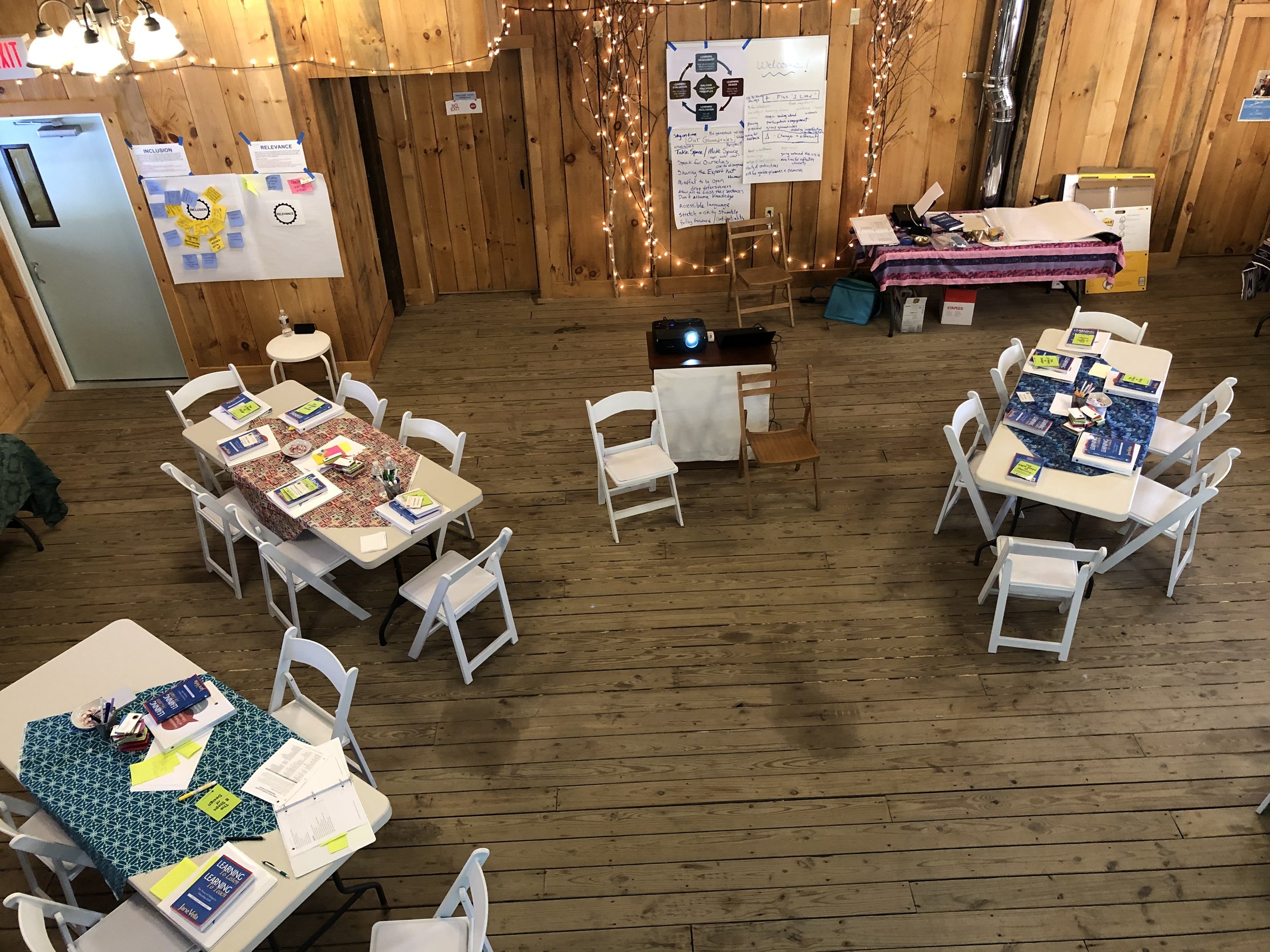Foundations of Dialogue Education
This is an engaging and highly personalized course, with ongoing invitations to test, try and practice the new content being learned. Here is a sample of what you will have achieved by the end of the course:
distinguished between a learning-centered and teaching-centered approach
demonstrated ways to teach holistically using three learning domains
crafted achievement-based objectives based on what your learners will DO with the content you teach
used the 8 steps of design to create a session for your real work situation
demonstrated and assessed your skills for facilitating dialogue in a short session and planned for your continued skill development.
People leave this course with a whole new way of thinking about “learning” and a newfound confidence in how to create meaningful learning opportunities for others.
Sugar Moon LLC Trainings
Outreach to Victims within Community and Restorative Justice
Outreach to victims of crime has become more of a standard practice within community and restorative justice practices. Training on how to conduct victim centered outreach is essential for staff and volunteers to address the many and varied needs of victims in the aftermath of a crime. This training focuses on the fundamental basics of victim centered outreach and offers opportunities for participants to practice and hone their outreach skills.
Learning Objectives – By the end of this 6 hour workshop, participants will have…
Welcomed each other, introduced themselves and briefly described the experience providing services to victims of crime
Identified one question that they would especially like to answer during the day
Reflected on the cycle of violence, crime and harm; and described the positive outcomes that result from interventions and services
Named assumptions about who are victims and what they may need
Explored a set of principles that can be helpful when working with victims of crime
Defined meaningful invitation and participation for victims of crime.
Practiced reflective listening skills
Applied victim centered principles and community resources to case scenarios
Identified referral sources and decided actions for strengthen connections for those referrals
Reviewed organizational logistics and documentation for victim outreach work within each organization
Participated in a closing circle that reflects on the learning from the day



